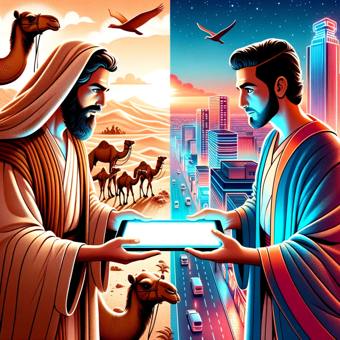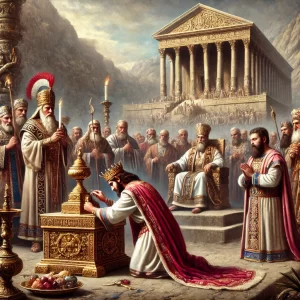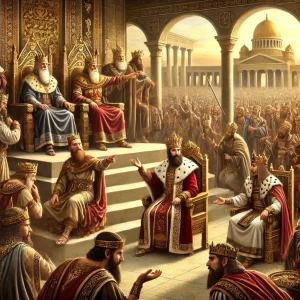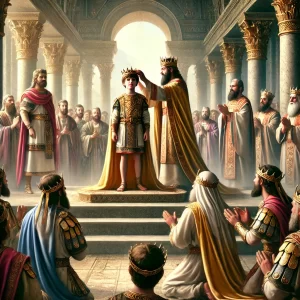Introduction
The ancient story of Esau and Jacob, as detailed in Genesis 27, might seem a tale of another era. Yet, its core themes of deception, ambition, and consequences remain deeply relevant. In an age of ‘fake news’, catfishing, and digital impersonation, this biblical narrative offers critical insights about the ethics of deceit and its long-term ramifications.
The Heart of Deception
Jacob’s deceit in tricking his nearly blind father, Isaac, to bestow upon him the blessing meant for Esau isn’t just a personal betrayal. It’s a stark reminder of the lengths one might go to achieve one’s desires. In today’s digital age, impersonations are easier than ever. With a fake profile, counterfeit emails, or manipulated images, anyone can be misled, just as Isaac was.
The Price of Deception
As Esau’s anguished cry resounds after discovering Jacob’s deceit, we are reminded of the deep emotional and societal costs of betrayal. In our era, deceptive practices, from online scams to corporate frauds, have ruined lives, relationships, and even entire communities.
The Unintended Consequences
Rebekah, initially the architect of the deception, finds herself facing unintended consequences as her beloved son Jacob is forced to flee, escaping Esau’s wrath. Today, misinformation spreads rapidly on social media platforms, leading to unintended large-scale consequences that can affect nations and societies at large.
The Need for Integrity
Despite the digital advancements, the fundamental human need for trust remains unchanged. The story in Genesis 27 underscores the timeless importance of integrity, both in personal relationships and broader societal interactions. Whether it’s trusting an online review, a news source, or a personal relationship, integrity forms the foundation.
Reconciliation and Redemption
The Genesis narrative doesn’t end with deception. It eventually leads to reconciliation between the estranged brothers. This offers hope that even in our times, despite the mistrust and deceptions, there’s always a path back to trust and understanding if individuals choose to walk it.
Conclusion
Genesis 27 isn’t just a tale of sibling rivalry or parental favoritism. It’s a reflection of human nature, of our ambitions, vulnerabilities, and capacity for both deceit and forgiveness. As we navigate the complexities of the digital age, this ancient story serves as a compass, guiding us towards a path of integrity and trustworthiness.






